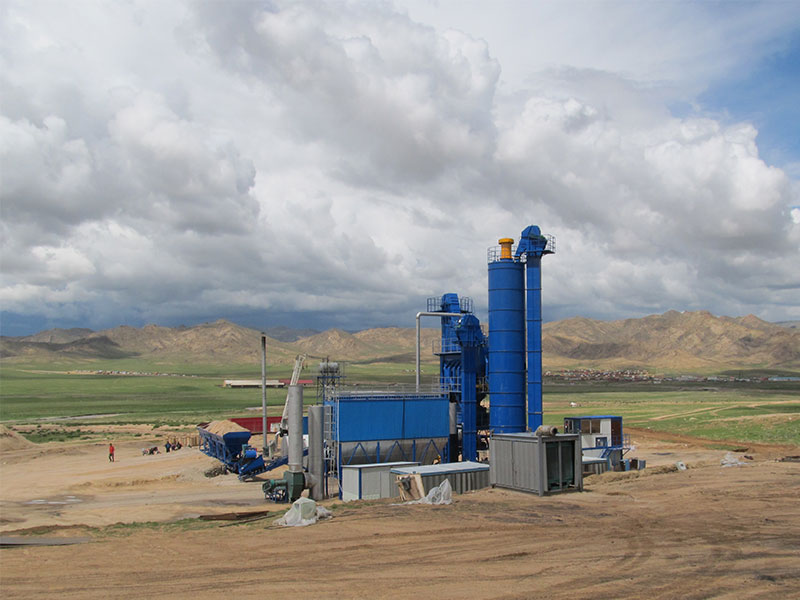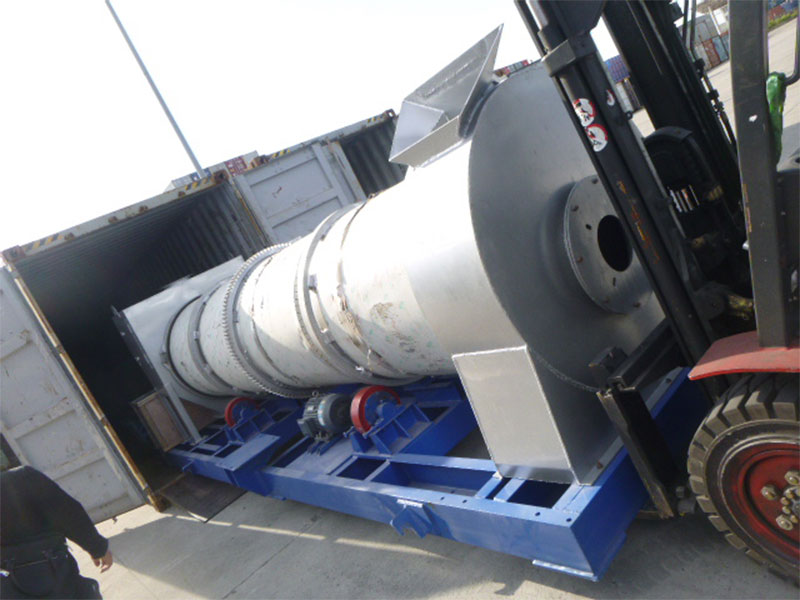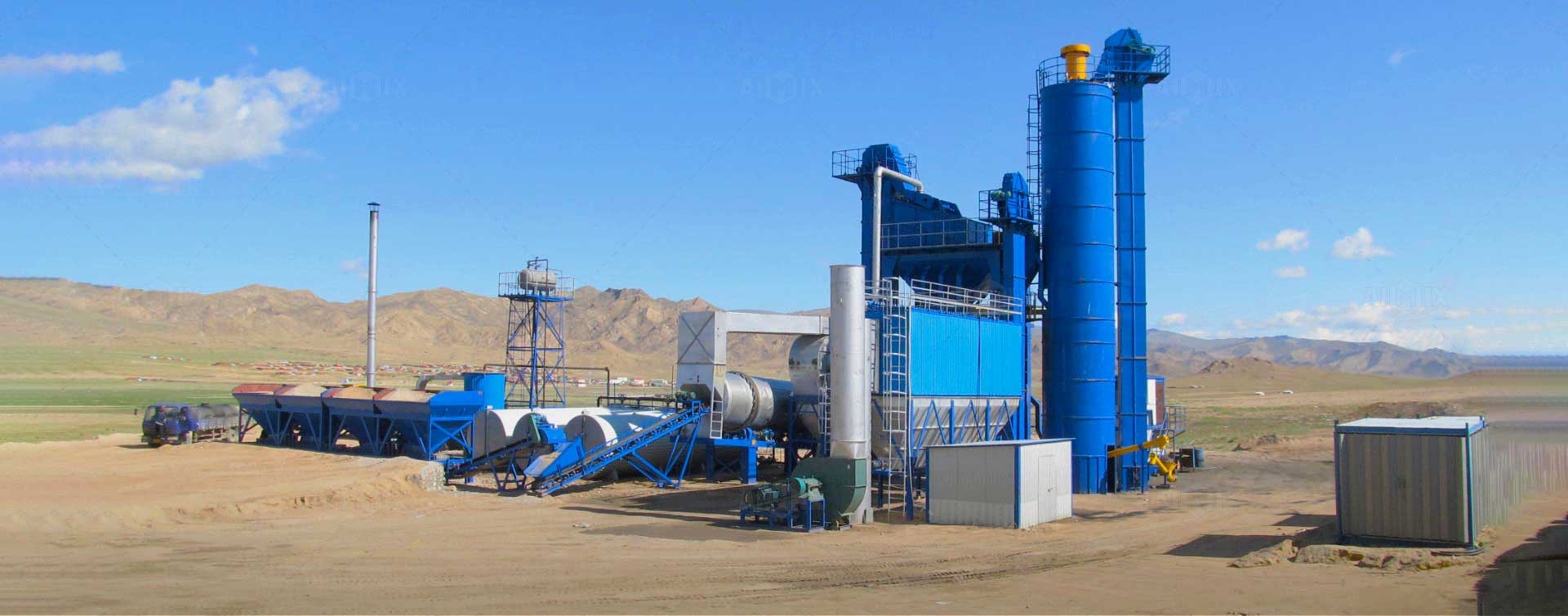Asphalt, a ubiquitous material in modern infrastructure, forms the backbone of our roads, highways, and various paved surfaces. At the heart of asphalt production lies the asphalt mixing plant, a complex and essential facility responsible for blending various aggregates, bitumen, and other components to create a versatile and durable asphalt mixture.
Purpose of Asphalt Mixing Plants:
Asphalt mixing plants, also known as asphalt mixing plants or simply asphalt plants, are specialized facilities designed for the production of asphalt concrete. This mixture, commonly known as hot mix asphalt (HMA), is a versatile construction material used in the surfacing of roads, runways, parking lots, and other paved areas. Asphalt mixing plants play a pivotal role in ensuring the quality and consistency of the asphalt mixture.

Key Components of Asphalt Mixing Plants:
a. Cold Feed Bins: Aggregates, such as gravel, sand, and stone, are stored in cold feed bins. These bins proportionally feed the aggregates into the drying drum.
b. Drying Drum: The drying drum in an asphalt plant mobile is where the aggregates are heated and dried to remove moisture. This ensures optimal conditions for mixing with other components.
c. Burner Unit: The burner unit provides the necessary heat to the drying drum, utilizing fuels like diesel, natural gas, or heavy oil.
d. Aggregate Elevator: The aggregate elevator lifts the dried aggregates to the top of the mixing tower, preparing them for the mixing process.
e. Vibrating Screens: These screens separate the aggregates into different sizes, ensuring that the final asphalt mixture meets specific gradation requirements.
f. Hot Bins: Aggregates, once sorted, are stored in hot bins before being weighed and introduced into the mixing process.
g. Bitumen Storage and Heating System: Bitumen, a crucial binder in asphalt, is stored in tanks and heated to the required temperature before being added to the mix.
h. Mixing Tower: The mixing tower is the central component where aggregates, bitumen, and other additives are combined to produce the asphalt mixture.
i. Control System: Modern asphalt mixing plants feature advanced control systems that regulate and monitor the entire production process, ensuring precision and efficiency.

Operation of Asphalt Mixing Plants:
The operation of an asphalt drum plant follows a systematic process:
a. Aggregates are fed into the cold feed bins and then into the drying drum.
b. The aggregates are dried and heated in the drum.
c. Hot aggregates are lifted to the top of the mixing tower.
d. Bitumen and other additives are introduced into the mixing tower.
e. The mixture is thoroughly combined in the mixing tower to form hot mix asphalt.
f. The finished asphalt is stored in hot bins before being loaded onto trucks for transportation.
Significance of Asphalt Mixing Plants:
Asphalt mixing plants are the backbone of the construction industry, providing a reliable and efficient means of producing high-quality asphalt for various projects. Their significance lies in:
a. Quality Control: Asphalt mixing plants ensure consistent and uniform asphalt mixtures, meeting the specified quality standards for construction projects.
b. Versatility: These plants can produce a wide range of asphalt mixtures tailored to the specific requirements of different applications.
c. Efficiency: Asphalt mixing plants operate efficiently, contributing to the timely completion of construction projects and minimizing downtime.
d. Sustainability: Advances in technology have led to the development of eco-friendly asphalt mixing plants that reduce emissions and energy consumption, aligning with sustainable construction practices.
Conclusion:
In conclusion, portable asphalt plants serve as the epicenter of asphalt production, combining aggregates, bitumen, and other components to create the versatile and durable material that forms the foundation of our paved infrastructure. With their intricate components and systematic operation, these plants play a crucial role in the construction industry, ensuring the quality, efficiency, and sustainability of asphalt production for the roads and surfaces we rely on daily.

